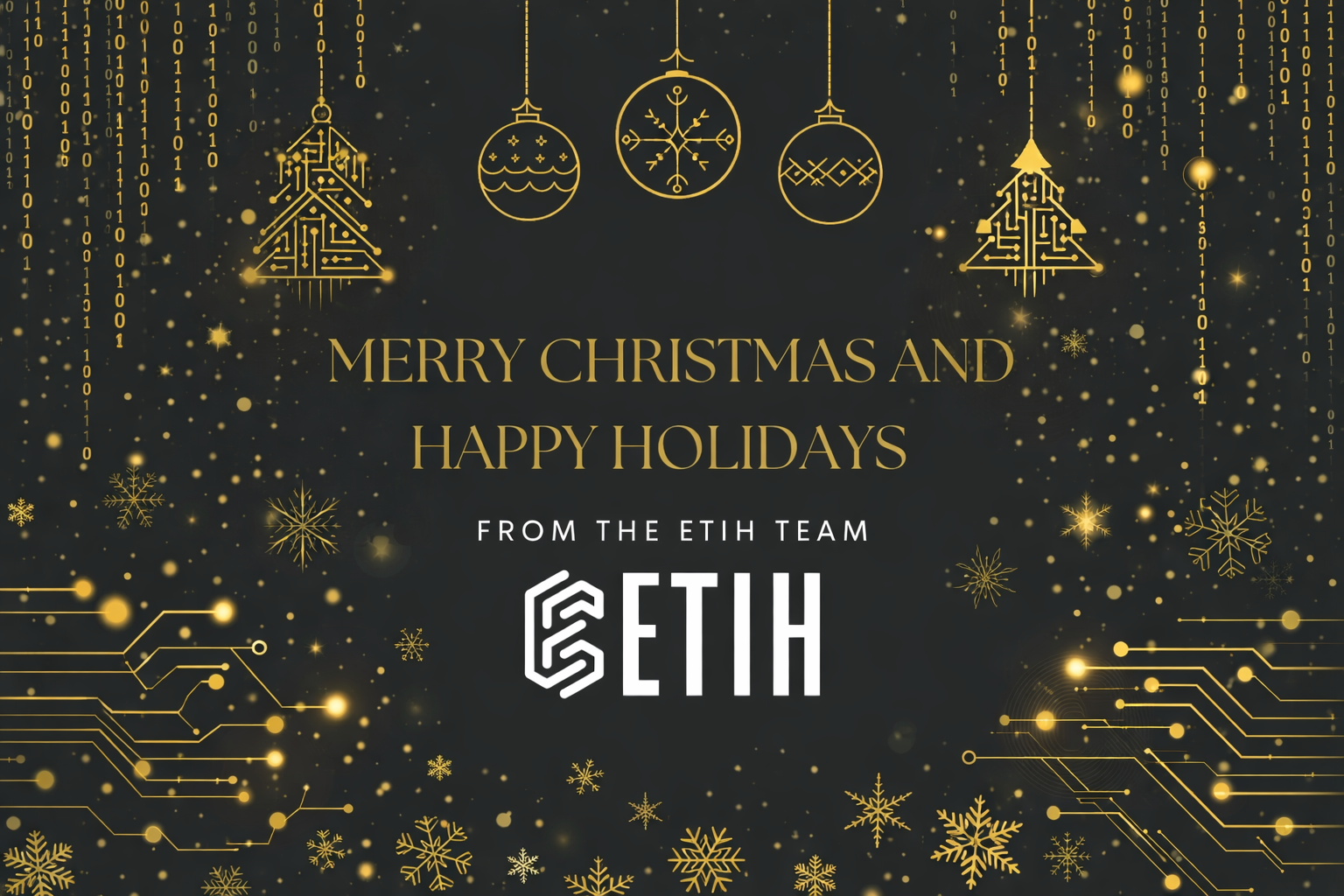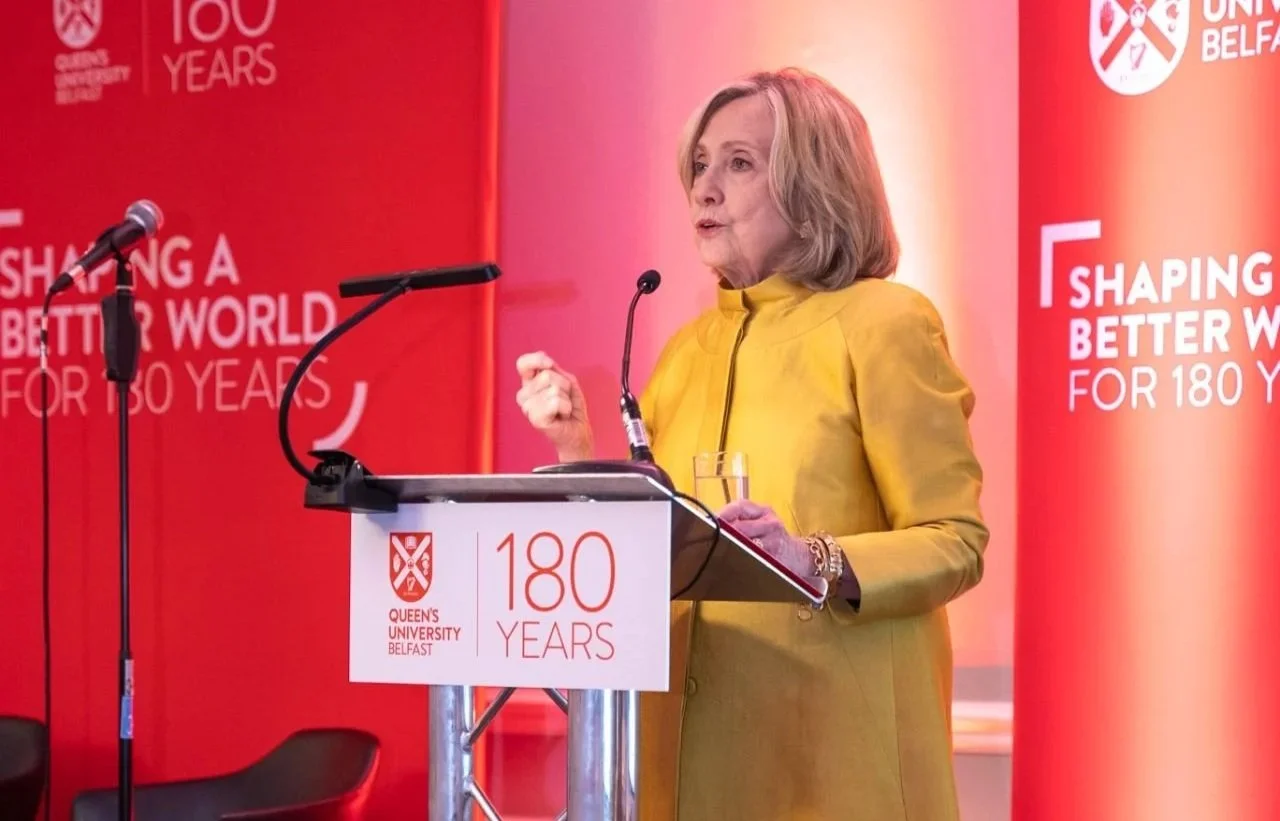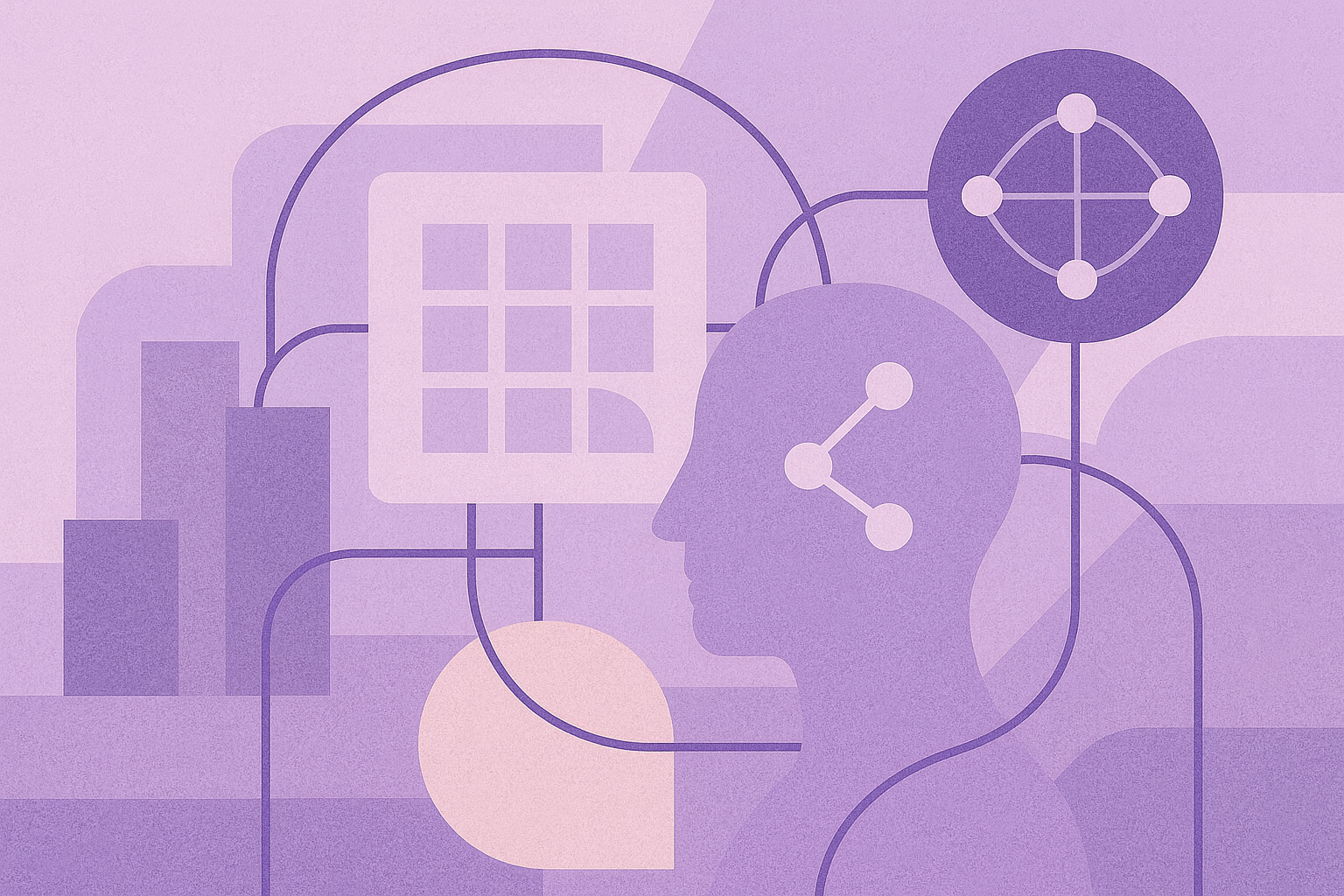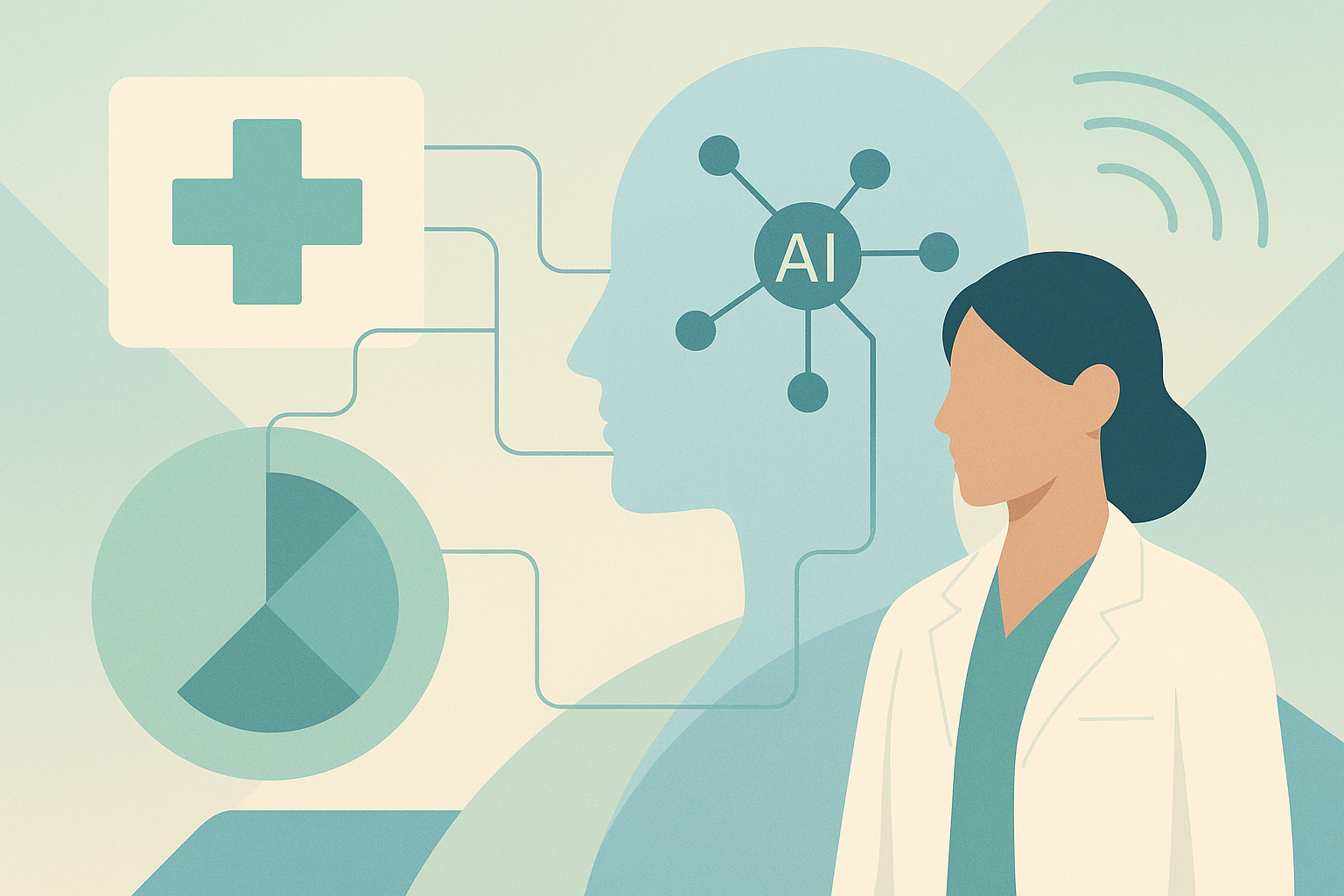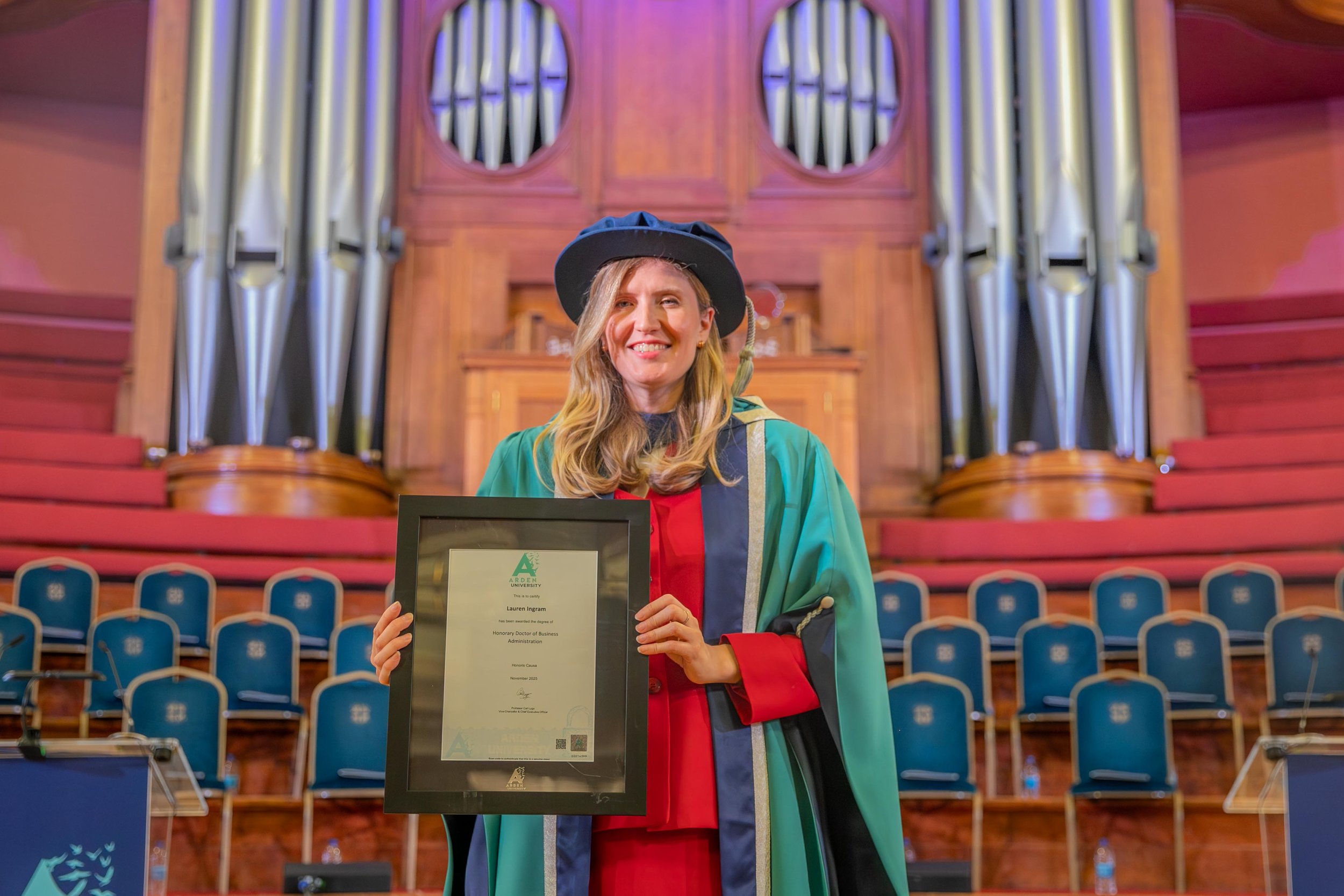New Knowledge Graph from Anthropic and CZI links AI with research-backed teaching tools
Anthropic and the Chan Zuckerberg Initiative (CZI), a philanthropic organization founded by Priscilla Chan and Mark Zuckerberg, have announced the launch of Knowledge Graph, a tool aimed at helping educators connect high-quality, research-backed content to classroom practice.
The collaboration was shared in LinkedIn posts by Drew Bent, Education Lead at Anthropic, and Priscilla Chan, Co-Founder and Co-CEO of CZI. Bent wrote: “Excited for Anthropic to be working with Chan Zuckerberg Initiative's new Learning Commons in launching a Knowledge Graph tool that connects directly to Claude through MCP. This gives educators access to research-backed educational content for lesson planning and assessment design.”
Knowledge Graph connects standards to lesson planning
Knowledge Graph maps academic standards, math learning components, and learning progressions, making it easier for AI systems to connect to high-quality educational material. Teachers can use it to design lesson plans, build assessments, and align content with standards across all 50 U.S. states.
Bent explained that Claude, Anthropic’s AI assistant, can now help with standards alignment, instructional planning, and targeted instruction. He wrote: “Examples of what educators can now do with Claude:
• Standards alignment - Ask Claude to identify how lesson content supports specific academic standards across all 50 states and key subjects (math, english language arts, science, and social studies).
• Instructional planning - Build learning progressions and mapping content coverage
• Targeted instruction - Break down broad math standards into core learning components to target individual skills and create more focused materials.”
CZI also introduced Evaluators, another tool that checks AI outputs for accuracy and rigor, starting with literacy. Chan said: “Our Evaluators help check AI outputs for accuracy and rigor, starting with some key dimensions of literacy, so teachers can better trust what’s generated by tools that leverage Evaluators.”
CZI rebrands education initiative as Learning Commons
Chan emphasized the role of educators and researchers in shaping these tools: “As a former teacher, I know how powerful it is to have tools built for real classrooms that are grounded in research. Our education work at CZI has always been rooted in partnership with educators, researchers, and developers to accelerate meaningful progress for students everywhere.”
She added that the initiative will now be called Learning Commons and will continue to expand. “We designed our MCP server to work with any AI system that supports the protocol, and we will be expanding access to ensure high-quality educational resources are available to all educators and learners.”
Bent concluded: “It’s been a pleasure working with the CZI / LearningCommons teams — we need more industry-wide efforts like this. As Sandra Liu Huang says: we need AI ‘that reflects how students learn and makes the best of learning science accessible for students and educators everywhere.’”
The ETIH Innovation Awards 2026
The EdTech Innovation Hub Awards celebrate excellence in global education technology, with a particular focus on workforce development, AI integration, and innovative learning solutions across all stages of education.
Now open for entries, the ETIH Innovation Awards 2026 recognize the companies, platforms, and individuals driving transformation in the sector, from AI-driven assessment tools and personalized learning systems, to upskilling solutions and digital platforms that connect learners with real-world outcomes.
Submissions are open to organizations across the UK, the Americas, and internationally. Entries should highlight measurable impact, whether in K–12 classrooms, higher education institutions, or lifelong learning settings.
Winners will be announced on 14 January 2026 as part of an online showcase featuring expert commentary on emerging trends and standout innovation. All winners and finalists will also be featured in our first print magazine, to be distributed at BETT 2026.









